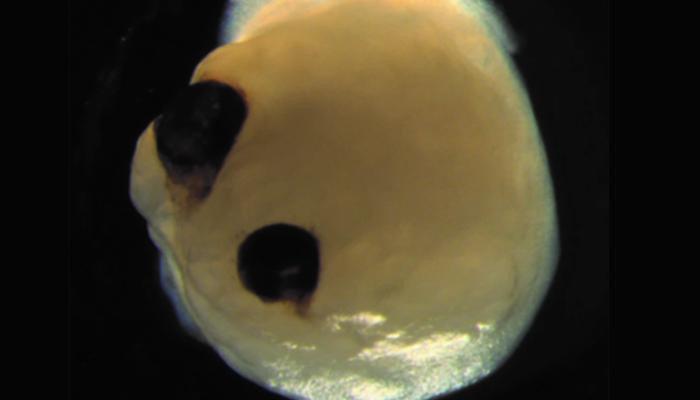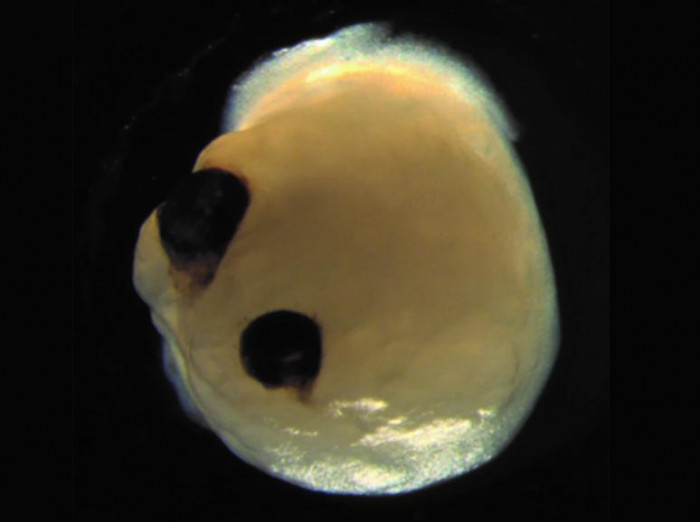Lab-grown mini brains develop basic eyes that can "see"
 6440 Thursday, 19 August, 2021, 01:00 Researchers have made a striking breakthrough in lab-grown mini organs. Using induced pluripotent stem cells (iPSCs), the team induced brain organoids to develop rudimentary eye structures that can sense light and send signals to the rest of the brain. The human brain is one of the most ridiculously complex things nature has ever concocted, so to help us understand it better, scientists have been making miniature versions in the lab. Skin cells are taken from adult donors, reverted back into stem cells, and placed into a culture that mimics the environment of a developing brain, encouraging them to form different brain cells. The end result is a pea-sized, three-dimensional brain model that can be used to study development, disease or the effects of drugs. The human brain is one of the most ridiculously complex things nature has ever concocted, so to help us understand it better, scientists have been making miniature versions in the lab. Skin cells are taken from adult donors, reverted back into stem cells, and placed into a culture that mimics the environment of a developing brain, encouraging them to form different brain cells. The end result is a pea-sized, three-dimensional brain model that can be used to study development, disease or the effects of drugs.  |

Alien files incoming: Trump orders government release of UFO records
105320.02.2026, 12:49
Single-dose HIV vaccine candidate induces neutralizing antibodies
520603.02.2026, 19:19
Apple ‘runs on Anthropic,’ says Mark Gurman
580501.02.2026, 23:53
Meet the Kennewick Man: Face of 'most important' ancient American revealed after 8,500 years
841025.01.2026, 17:07
Can Humanoid Robots Build Aircraft? UBTECH Partners with Airbus
940719.01.2026, 23:41
Nasa's mega Moon rocket arrives at launch pad for Artemis II mission
972718.01.2026, 17:53
China's Mars rover discovers longer water existence on red planet
1081211.01.2026, 15:31
Japan Unveils Human Washing Machine, Now You Can Get Washed Like Laundry (video)
1760601.12.2025, 20:45
